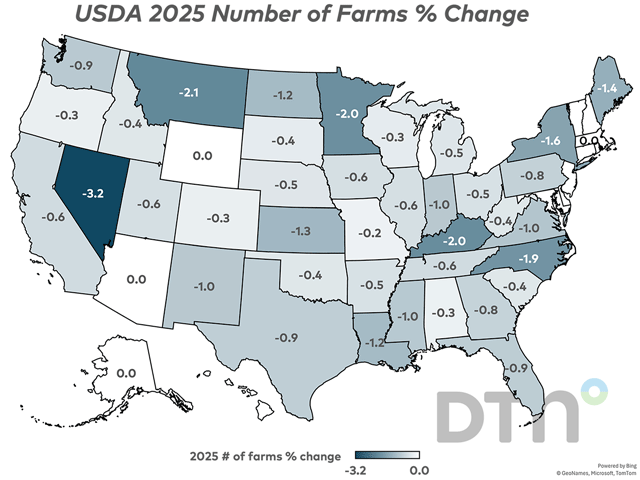Global Stocks Mixed After French Election Leaves No Clear Majority
HONG KONG (AP) -- Asian stocks fell while European markets were higher Monday after France's elections left its legislature divided among left, center and far right, with no single political faction getting close to a majority.
The CAC-40 index of large companies has erased the losses in early trading and was 0.8% higher to 7,735.17.
The markets worst fear, analysts say, was a majority for either the left-wing New Front National or for the anti-immigrant National Rally led by Marine Le Pen. Both parties have made spending promises that raised fears France's already-large deficit would swell. That has already led to a sell-off in French government bonds.
Though that outcome was avoided, France now faces weeks of uncertainty since there's no clear majority for any of the main political forces in parliament to support a new government after Prime Minister Gabriel Attal said he would resign. That raises the likelihood that any new government will find it difficult to pass legislation and make tough spending choices in order to keep the country's debts and deficit from getting out of hand.
"That the left has become the strongest group in parliament raises serious concerns," said Holger Schmieding, chief economist at Berenberg bank. "France is heading for a period of political uncertainty and – most likely – for fiscal problems and some reversal of president Emmanuel Macron's pro-growth reforms. "
P[L1] D[0x0] M[300x250] OOP[F] ADUNIT[] T[]
The euro currency rose to $1.0841 from $1.0836 Monday.
Elsewhere in Europe, Germany's DAX rose 0.7% to 18,598.84, and the FTSE 100 in London was up 0.2% at 8,217.77.
In Tokyo, the Nikkei 225 index was down 0.3% to 40,780.70 despite official data showing the real wages fell 1.4% year on year in May, a decline for the 26th straight month as the weakening yen and higher commodity costs pushed up the cost of imports. While the nominal wages rose 1.9%.
Hong Kong's Hang Seng index declined 1.6% to 17,524.06 and the Shanghai Composite index dropped 0.9% to 2,922.45.
Australia's S&P/ASX 200 sank 0.8% to 7,763.20 while South Korea's Kospi edged 0.2% lower to 2,857.76.
The future for the S&P 500 was down less than 0.1% while that for the Dow Jones Industrial Average edged 0.1% higher.
U.S. stocks had risen to more records Friday boosted by a highly anticipated report on the job market.
On Friday, the S&P 500 climbed 0.5% to 5,567.19, setting an all-time high for a third straight day following Thursday's pause in trading for the Fourth of July holiday. The index has already set 34 records and climbed close to 17% this year, which is only a little more than halfway done.
The Dow Jones Industrial Average rose 0.2% to 39,375.87, while the Nasdaq composite added 0.9% to 18,352.76.
The action was more decisive in the bond market, where Treasury yields sank following the U.S. jobs report. Employers hired more workers last month than economists expected, but the number was still a slowdown from May's hiring. Plus, the unemployment rate unexpectedly ticked higher, growth for workers' wages slowed and the U.S. government said hiring in earlier months was lower than previously indicated.
Altogether, the data reinforced belief on Wall Street that the U.S. economy's growth is slowing under the weight of high interest rates. That's precisely what investors want to see, because a slowdown would keep a lid on inflation and could push the Federal Reserve to begin cutting its main interest rate from the highest level in two decades.
In other dealings Monday, U.S. benchmark crude oil gave up 64 cents, down to $82.52 per barrel in electronic trading on the New York Mercantile Exchange.
Brent crude, the international standard, declined 47 cents to $86.07 per barrel.
The U.S. dollar rose to 161.00 Japanese yen from 160.72 yen.



